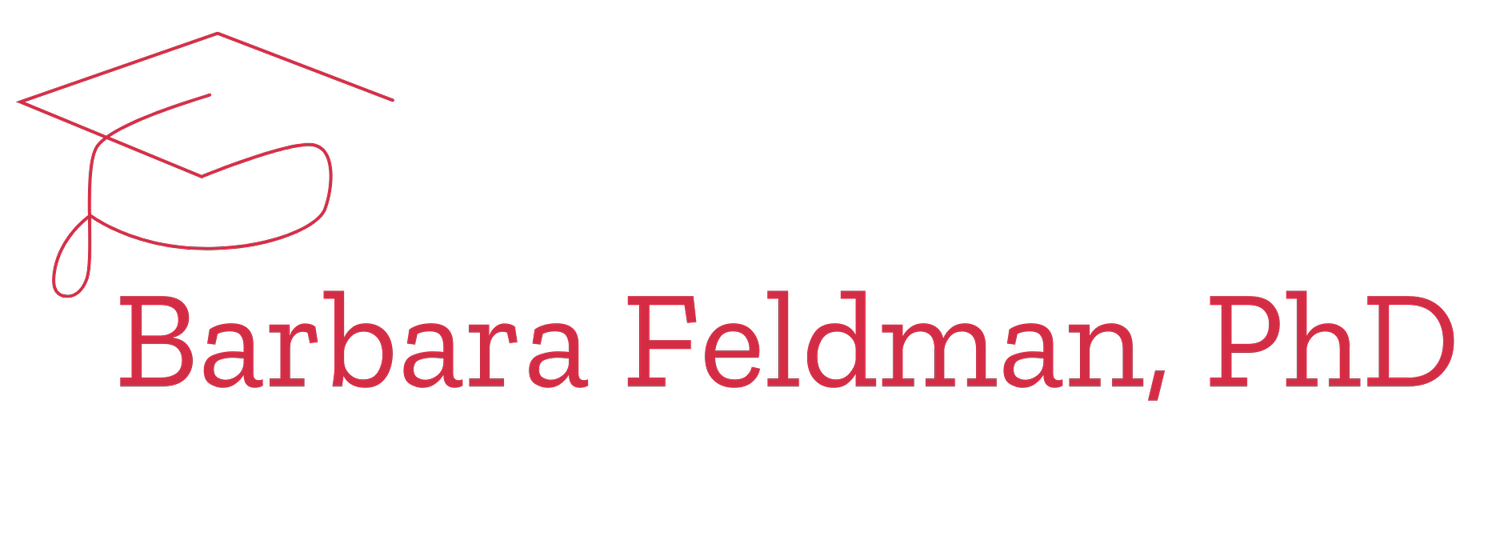How To Level the Playing Field in Tenure and Promotion
In the dynamic world of academia, the journey towards tenure and promotion can be a complex and challenging one, especially for women. It's all too common for women to undersell themselves and their accomplishments, inadvertently limiting their chances of achieving the recognition they truly deserve. But fear not – armed with knowledge and a proactive mindset, you can break through these barriers and excel on your academic journey. Here are some actionable steps to take, as an individual or institution, to ensure you don't sell yourself short and/ or to ensure an equitable process, in tenure and promotion:
To Take Action As Individual:
1. If You're Wondering, You're Ready: Self-doubt is the enemy of progress. If you're wondering whether you're ready for that next step, chances are that you are. Trust your accomplishments, your dedication, and your expertise. Impostor syndrome is real, but you've come this far for a reason.
2. Highlight Your Contributions: Tenure and promotion committees need a clear understanding of your impact. Provide context for your research, teaching, and service. How have your efforts shaped your field? How have you impacted your students' lives? Demonstrating the broader significance of your work strengthens your case.
3. Seek Support from Female Full Professors: The power of mentorship and support cannot be overstated. Seek out experienced female full professors at your institution who can provide guidance, share their experiences, and advocate for you. Their insights can be invaluable in navigating the nuances of academia.
4. Understand Promotion Trends: Knowledge is power. Familiarize yourself with trends in female promotions both in academia and your specific field. Recognize the challenges and opportunities that lie ahead. Awareness of these trends will help you position yourself effectively.
5. Provide Comprehensive Information: When presenting your case, ensure that review committees have all the information they need. This includes sharing trends in women's promotions in academia, as well as trends in your field. By equipping them with these insights, you're guiding their evaluation process.
6. Inspire the Next Generation: Your journey is not only for yourself; it's also for those who will follow. By excelling and achieving, you become a role model for other women in academia. Representation matters, and your success paves the way for a more diverse and inclusive academic environment.
Transforming the system beyond your personal journey requires long-term vision so consider the bigger picture. Those who work towards an academic landscape that values growth for all, advocate for inclusivity in tenure and promotion criteria. The impact this can have benefits everyone, not those who disproportionately face challenges in the tenure and promotion process. To be an agent of change beyond your own process, here is some guidance to shape the culture around you:
Recommendations For Institutions:
1. Update Faculty Handbooks: Lobby for revisions in your institution's faculty handbook to reflect inclusive expectations for tenure and promotion. Recognize that top journals might not be the sole indicator of impactful research, especially for underrepresented populations.
2. Highlight the Value of Non-Traditional Research: Showcase the value of non-traditional research, especially research that addresses real-world problems. This can attract a wider pool of outstanding candidates who bring diverse perspectives and innovative solutions.
3. Educate Colleagues: Address concerns that more inclusive criteria lower standards, counter Misconceptions, and present evidence that a diverse array of research methodologies and outputs enriches academia and strengthens its impact on society.
The path to tenure and promotion is not just about individual accomplishment – it's about reshaping the landscape of academia for the better. By following these actionable steps and fostering a long-term vision, you can ensure that women in higher education not only avoid selling themselves short but also contribute to a more equitable and inclusive academic future.
